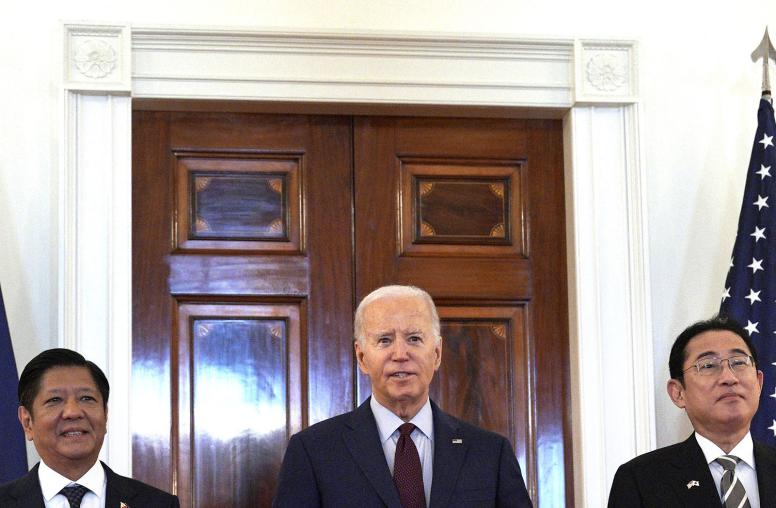Theatre of the Absurd? The Philippines Twenty Years After Marcos
February 2006 marked the 20th anniversary of the heroic overthrow of the Philippine dictator Ferdinand Marcos by a massive but peaceful uprising of ordinary Filipino citizens.
The uprising, called "People Power," marked what many called a revolutionary turn in Philippine history and politics. But what has happened since? Have fundamental changes taken place?
This talk, featuring Senior Research Associate Dr. Astrid Tuminez of USIP's Philippine Facilitation Project will assess the current state of Philippine politics and society, highlighting economic, security, and political challenges and their likely impact on the country's future. The talk will also focus on the peace process in Mindanao, analyzing the historical significance of current negotiations and the potential impact of their success or failure on Mindanao and the country as a whole.
Speakers
- Dr. Astrid Tuminez
Senior Research Associate, Philippine Facilitation Project
U.S. Institute of Peace - G. Eugene Martin, Moderator
Executive Director, Philippine Facilitation Project U.S. Institute of Peace
Archived Audio
To listen to audio or to view video, please click on the links provided below. You also can right click on the links and choose "Save Target As" or "Download Linked File." This will save the file to your computer and then allow you to play it in your media player directly. More Audio Help.
- Listen to the audio from this event.
1:06:21 - 12MB



